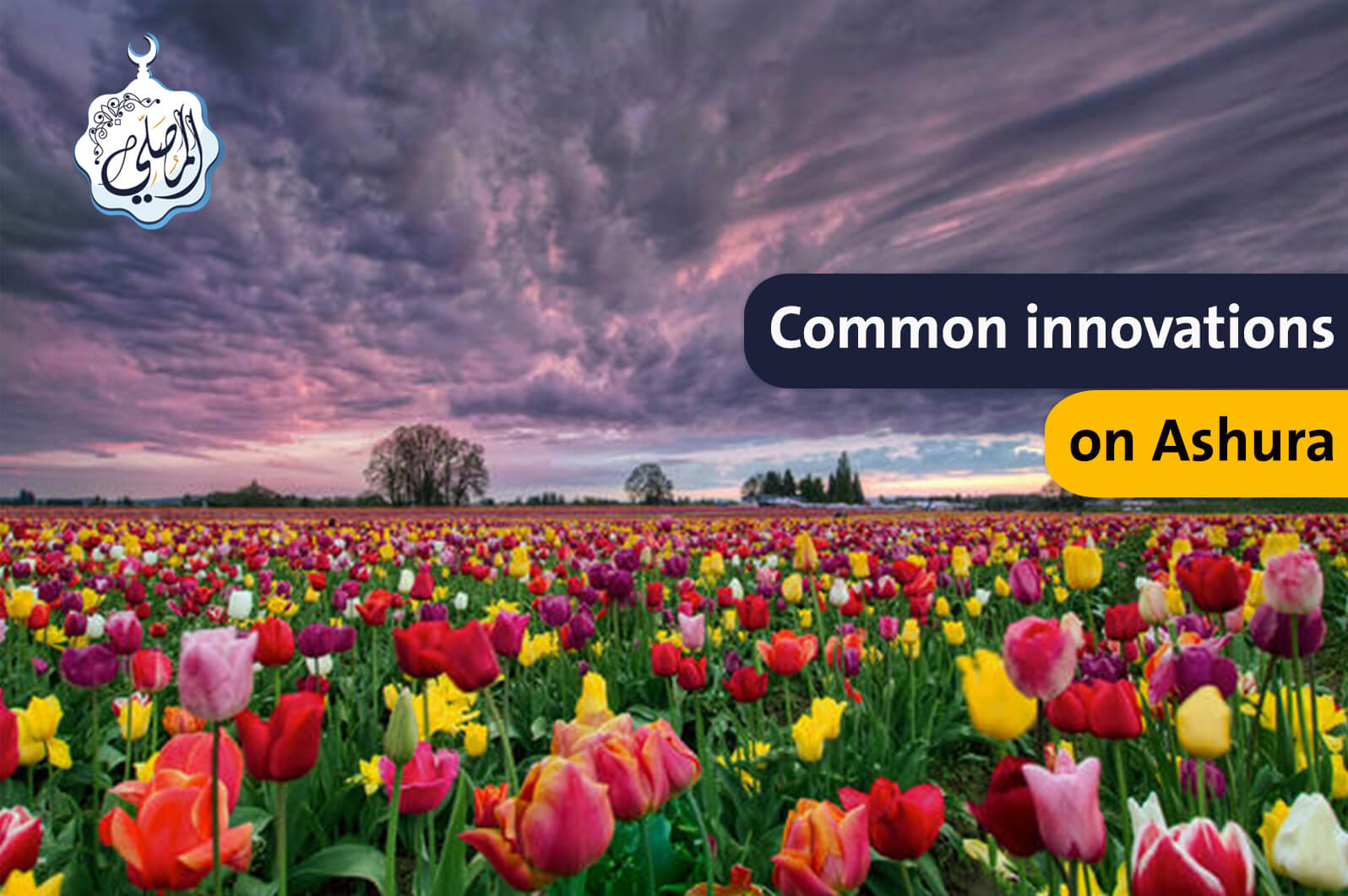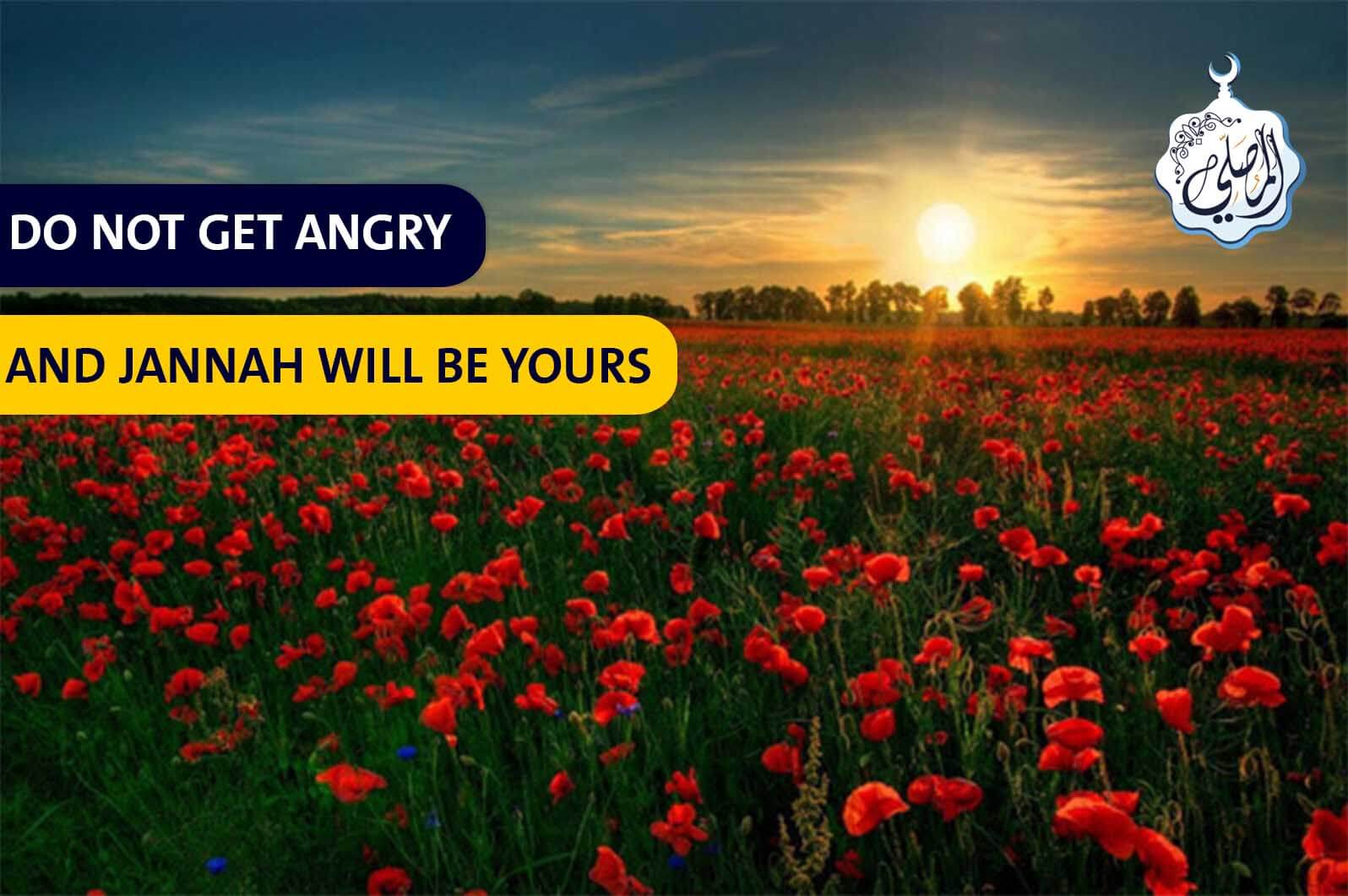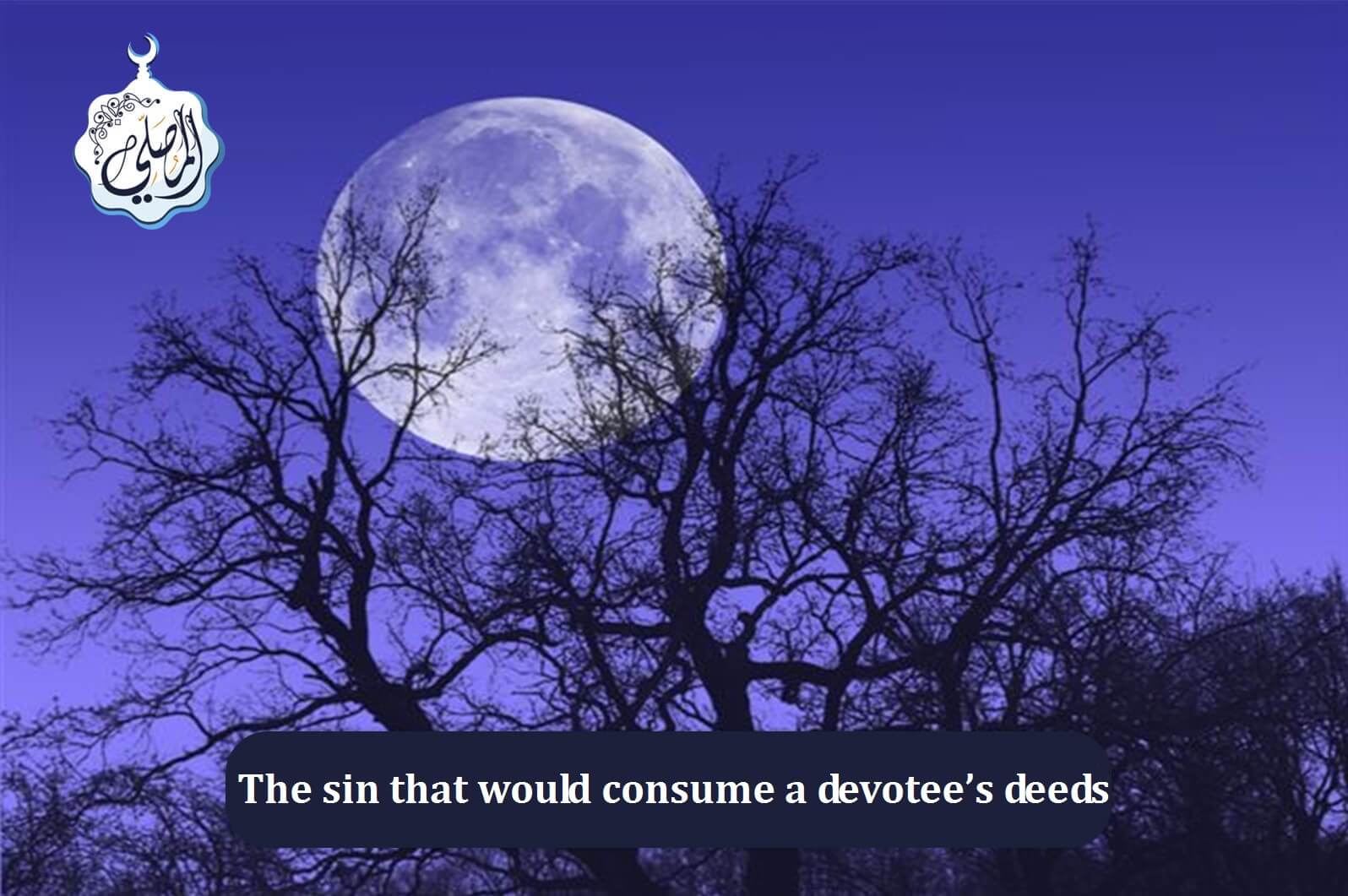
What is Qadar?
Qadar, often translated as "divine decree" or "predestination," refers to Allah's complete and perfect knowledge of all events and outcomes in the universe. The Quran states:
"And not absent from your Lord is any [part] of an atom's weight within the earth or within the heaven or [anything] smaller than that or greater but that it is in a clear register." (Quran 10:61)
This verse underscores Allah's omniscience and His control over all affairs, big and small.
The Two Aspects of Qadar:
Allah's Knowledge: Allah knows everything that has happened, is happening, and will happen.
Allah's Will: Everything that occurs does so by Allah's permission and decree.
Free Will and Responsibility:
One of the most challenging aspects of understanding Qadar is reconciling it with the concept of free will. Islam teaches that humans have been given the ability to make choices and are responsible for their actions. The Quran states:
"That is because of what your hands have put forth and because Allah is not ever unjust to [His] servants." (Quran 3:182)
This verse clearly indicates human accountability for their actions. The harmony between predestination and free will lies in understanding that Allah's knowledge of our choices doesn't negate our freedom to make those choices.
The Wisdom Behind Qadar:
Trust in Allah: Belief in Qadar encourages Muslims to trust in Allah's plan, even when facing difficulties.
Humility: It reminds us of our limitations and Allah's infinite wisdom and power.
Motivation: Rather than leading to fatalism, proper understanding of Qadar motivates believers to strive in good deeds, knowing that their efforts matter.
Comfort in Adversity: It provides solace during hardships, reminding believers that everything happens for a reason.
Misconceptions About Qadar:
Fatalism: Some mistakenly believe that Qadar means everything is predetermined, leading to inaction. This is contrary to Islamic teachings which encourage effort and action.
Blaming Destiny: Using Qadar as an excuse for wrongdoing is incorrect. We are responsible for our choices.
Questioning "What If?": Dwelling on alternative outcomes is discouraged, as it can lead to distress and dissatisfaction with Allah's decree.
Practical Implications:
Striving with Tawakkul (Trust): Muslims are encouraged to put in their best efforts while trusting the outcome to Allah.
Acceptance of Allah's Decree: After doing one's best, a Muslim should accept the outcome as part of Allah's plan.
Gratitude in All Situations: Recognizing that both ease and hardship come from Allah fosters a constant state of gratitude.
Avoiding Envy: Understanding Qadar helps in curbing envy, as one realizes that Allah has decreed different provisions for different people.
Conclusion:
The concept of Qadar in Islam is a profound reminder of Allah's omniscience and wisdom. It's a delicate balance between acknowledging Allah's ultimate control and recognizing human responsibility. When properly understood, belief in Qadar leads to a life of purpose, contentment, and trust in Allah's perfect plan.
As we navigate the complexities of life, let us remember the words of the Prophet Muhammad (peace be upon him):
"Know that what has passed you by was not going to befall you; and what has befallen you was not going to pass you by." (Tirmidhi)
May Allah grant us the wisdom to understand and the strength to embrace His divine decree in all aspects of our lives. Ameen.










 share facebook
share facebook share whatsApp
share whatsApp share twitter
share twitter share telegram
share telegram copy
copy






